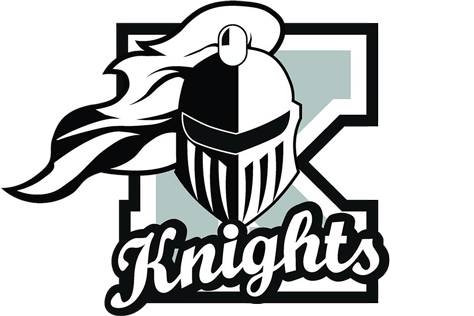About D302

Schools

Parents

Students

Staff

Providing students with a positive, nurturing environment that fosters social, emotional, physical and cognitive growth and development.
General Information •Classes include both general and special education students •Curriculum aligned with Illinois Early Learning and Development Standards •Certified teachers in Early Childhood, Special Education and English Language Learners•Related Services to support student’s progress (Speech, Social Work, Occupational Therapy, Physical Therapy) Additional information on these service is below.•Housed at Blackberry Creek Elementary School•Serves students ages 3, 4, and 5 in District 302•Transportation will be parent’s responsibility•Classrooms are multi-age and do not exceed 20 students•Runs four days a week Monday-Thursday.• The AM session is 8:50-11:15 and the PM session is 12:50-3:15.
When we build new classes, factors such as age, gender, special needs, and preschool experience are taken into account. As such, we are unable to take parent requests AM/PM placement.
Application & Fee InformationInterest applications open the end of February, until mid-March, for registration the following school year. If demand for the program exceeds openings, a lottery system will be utilized. Once you have been accepted, you will receive registration information.
Monthly Tuition is $250.00 with a one-time registration fee of $160.00.
Parent Resources•Kaneland Pre-K Curriculum•Kaneland EC Curriculum Presentation•Illinois State Board of Education - Early Childhood•Kaneland Blackberry Creek Website•Early Childhood Contacts
Speech-Language Services The goal of speech-language services is to provide students with the skills needed to be effective communicators. This includes services to address a variety of needs in the areas of articulation, language, fluency, voice, and social communication skills. Within the Kaneland School District, a student is eligible to receive speech-language services when they exhibit speech-language deficits that adversely affect their educational performance. All speech-language services within the Kaneland School District are delivered by state licensed and nationally certified speech-language pathologists. • Articulation: An articulation disorder involves problems making sounds. Sounds can be substituted, left off, added or changed. These errors may make it hard for people to understand you. • Language: A language disorder includes difficulty understanding others (receptive language), or sharing thoughts, ideas, and feelings completely (expressive language).• Fluency: The most common fluency disorder is stuttering. It is an interruption in the flow of speaking characterized by repetitions (sounds, syllables, words, phrases), sound prolongations, blocks, interjections, and revisions, which may affect the rate and rhythm of speech. • Voice: A voice disorder involves abnormal differences in the pitch, loudness, or quality of the voice. It includes abnormal hoarseness that impacts a student’s ability to effectively communicate, as well as differences in nasal resonance. • Alternative/Augmentative Communication: Alternative and augmentative includes all forms of communication, other than oral speech that are used to express thoughts, needs, wants, and ideas. This includes a range of technologies from picture and symbol communication boards to electronic devices.
Physical Therapy Physical therapy services are provided to eligible students. A continuum of services from consultation to direct intervention are provided based on students’ needs as determined by the physical therapists in conjunction with the IEP team. Physical therapists provide support to students for needs such as mobility/movement, posture/positioning, and safety assessment of school environment.
PsychologyKaneland employs certified school psychologists for the purpose of referral, evaluation, counseling, and expertise in the area of learning. Psychologists play a huge role in the RtI process by collaborating with school teams, delivering interventions, collecting and interpreting data.
Social Work School Social Workers assess students’ social and emotional functioning, including areas of self-concept, motivation, attitude toward school, peers, and social skills. They serve as consultants to teachers and provide individual or group assistance to students. They often are the liaison between the school and the family. Similarly, they may help other school professionals work with families on matters such as gaining access to community health services. The school social worker often follows up on teacher reports of the suspected abuse or neglect of students. They provide individual assistance to students with emotional or behavioral problems who do not qualify for special education.
Certified Nurses The certified school nurse functions most directly in three areas affecting students: providing health services, health education, and maintaining a safe school environment. The certified school nurse also interacts with and can influence other aspects of the school system such as coordinating school health programs such as mental health, social services, nutritional services, physical education/activity, family and community involvement as well as staff wellness.
Occupational Therapy Occupational therapists work with students who have visual motor, fine motor and sensory processing deficits. In school, Occupational Therapy involves the therapeutic use of classroom manipulatives, developmental strategies, and self-care tasks and play activities to support function within the academic community. School-based occupational therapy is designed to enhance the students’ abilities to fully access and be successful in the learning environment.
Occupational therapy services are provided to eligible students. A continuum of services from consultation to direct intervention are provided, based on students’ needs as determined by the occupational therapists in conjunction with the IEP team.








 D302
D302